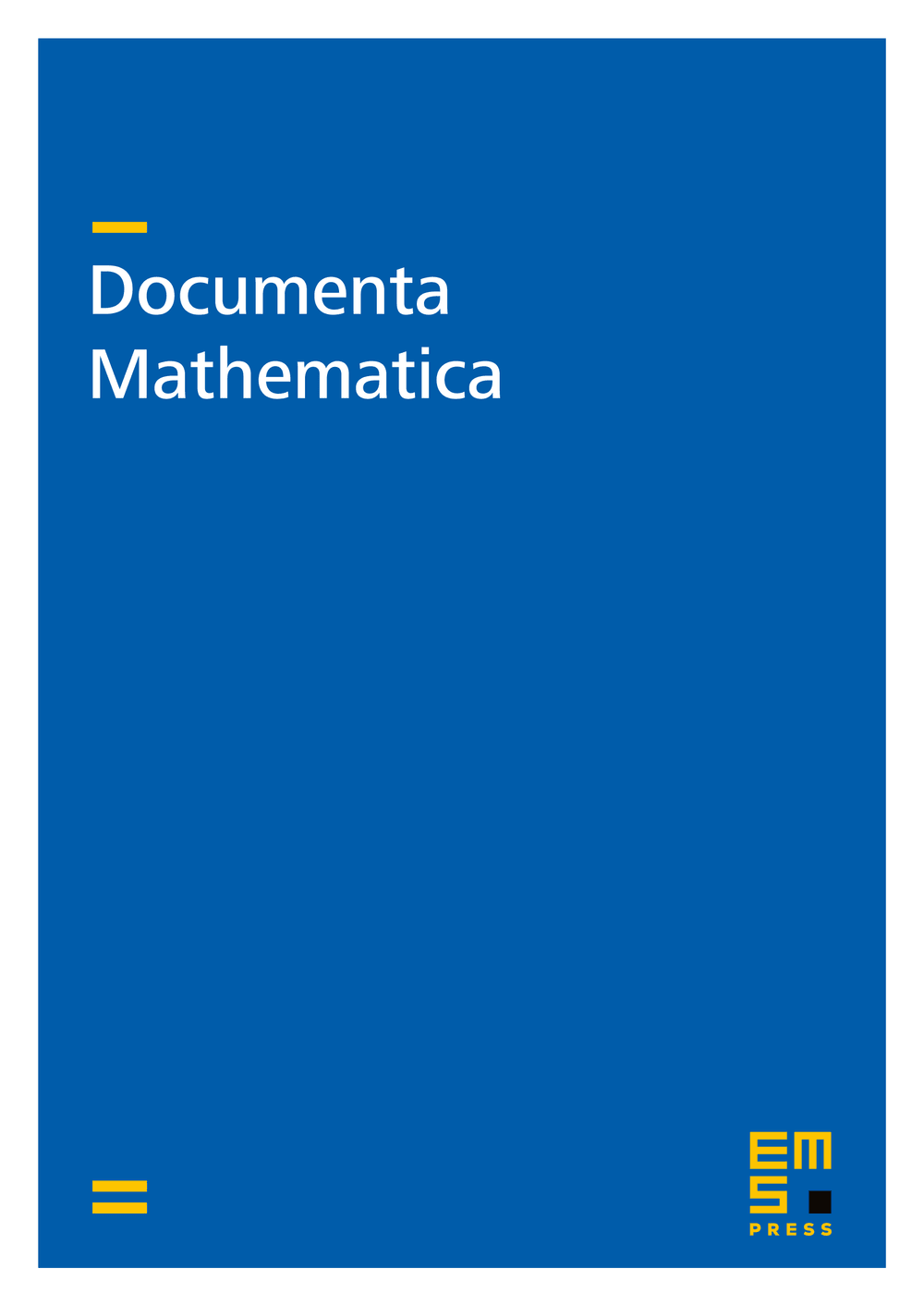Cluster equivalence and graded derived equivalence
Claire Amiot
Steffen Oppermann

Abstract
In this paper we introduce a new approach for organizing algebras of global dimension at most 2. We introduce the notion of cluster equivalence for these algebras, based on whether their generalized cluster categories are equivalent. We are particularly interested in the question how much information about an algebra is preserved in its generalized cluster category, or, in other words, how closely two algebras are related if they have equivalent generalized cluster categories. Our approach makes use of the cluster-tilting objects in the generalized cluster categories: We first observe that cluster-tilting objects in generalized cluster categories are in natural bijection with cluster-tilting subcategories of derived categories, and then prove a recognition theorem for the latter. Using this recognition theorem we give a precise criterion when two cluster equivalent algebras are derived equivalent. For a given algebra we further describe all the derived equivalent algebras which have the same canonical cluster tilting object in their generalized cluster category. Finally we show that in general, if two algebras are cluster equivalent, then (under certain conditions) the algebras can be graded in such a way that the categories of graded modules are derived equivalent. To this end we introduce mutation of graded quivers with potential, and show that this notion reflects mutation in derived categories.
Cite this article
Claire Amiot, Steffen Oppermann, Cluster equivalence and graded derived equivalence. Doc. Math. 19 (2014), pp. 1155–1206
DOI 10.4171/DM/478